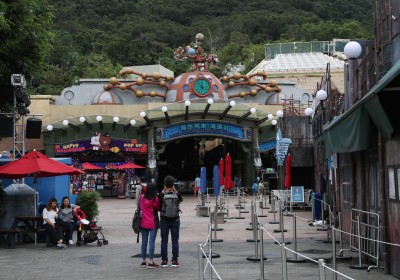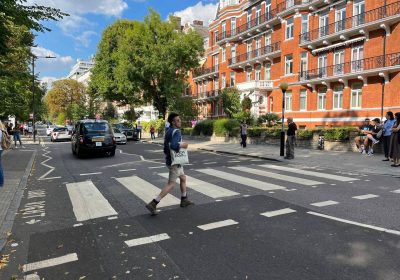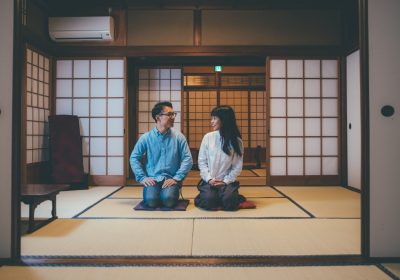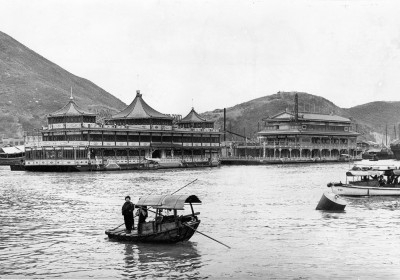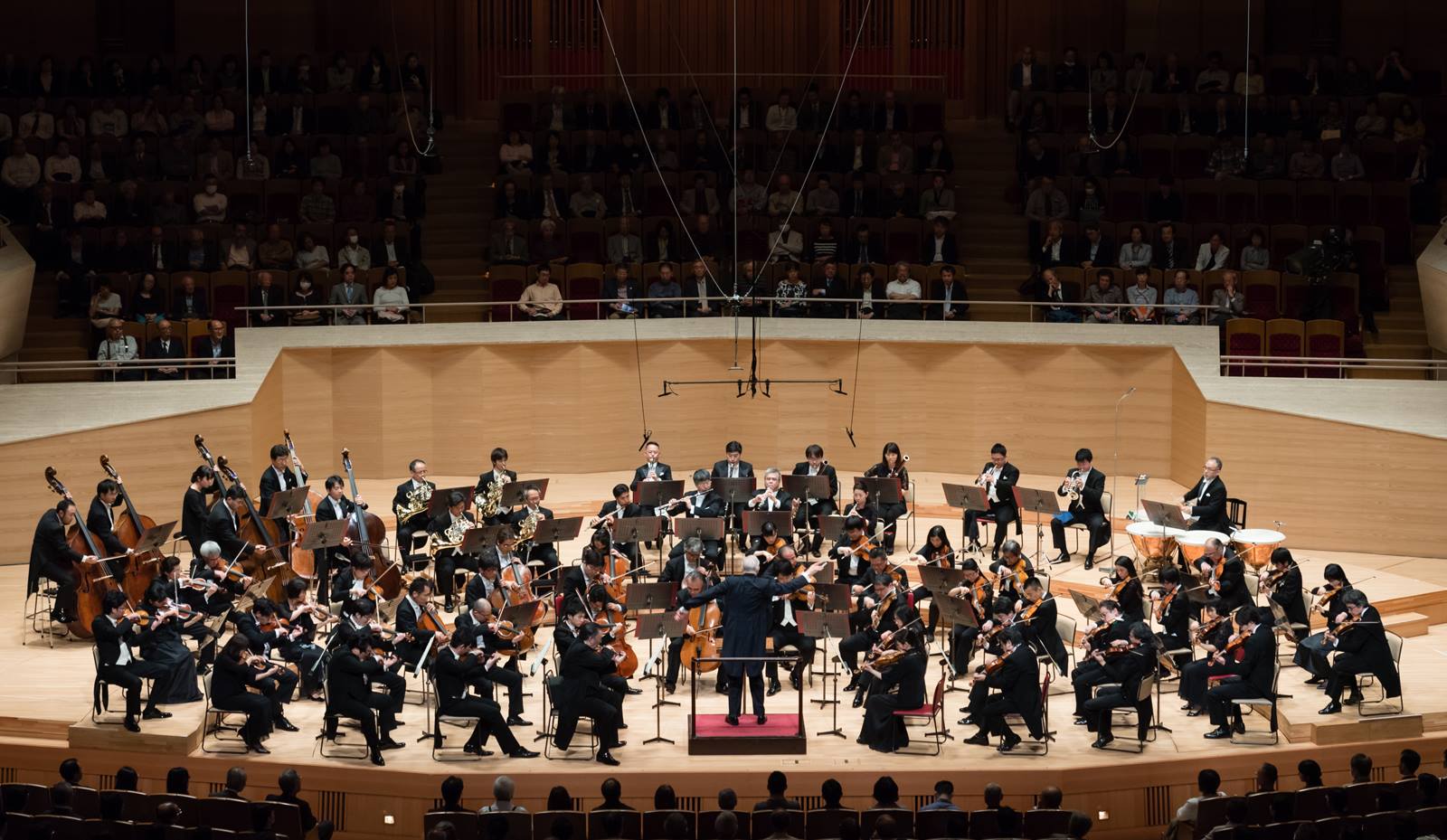
(翻譯內容以英文版本為準)
一月到東京旅遊時,我有幸到堪稱全日本最好的兩個演奏廳觀看演出,分別是 NHK 音樂廳(NHK Hall)和三得利音樂廳(Suntory Hall)。雖然我經常到日本旅遊,但上一次在日本觀看古典音樂會已經是 2009 年的事。當時我對日本交響樂團的水準、觀眾的禮儀、音樂廳的音響以及工作人員敬業樂業的精神,都有著非常深刻的印象。
這一次,我徹底享受了由德國指揮家 Elias Grandy 帶領讀賣日本交響樂團的演出;以及由古典音樂界備受尊敬的大師 Christoph Eschenbach 指揮全亞洲第一的 NHK 交響樂團演奏。
正如我所預期,兩隊交響樂團均展現出精湛卓越的水準。這當然要歸功於指揮、音樂家以及樂團的管理人員,但我也必須承認,觀眾無可挑剔的禮儀及對演出的尊重,確實令演出生色不少。
兩場音樂會都在演出前 2 小時開放音樂廳予觀眾入場。在全球大部分的音樂會,大多數觀眾只會提前約 10 至 15 分鐘到達會場。但是,在日本,竟有大量觀眾在音樂廳開放前到達,更在寒冷的天氣下耐心等待。音樂廳甫開放,觀眾便立即魚貫進場入座。
在這兩次的音樂會,我皆在開場前半小時到達。進入音樂廳時我吃了一驚,因為已經座無虛席。我知道寫作不應誇大其辭,但是這次我真的沒有誇張 —— 所有觀眾都安坐在觀眾席,靜靜翻閱場刊。在亞洲和歐美其他音樂廳勢必出現的情況,例如在演出開始前大聲聊天或飲食,在日本的演奏廳內完全沒有發生。
我看見一些較年長的情侶坐在一起,將對話寫在紙上,用文字溝通;也有人以簡單的手語溝通。音樂廳安靜得可以聽到別針掉落在地或是蚊子飛過的聲音。
美中不足的是,兩個音樂廳的洗手間有限,觀眾只能大排長龍。但是,在排隊的途中,觀眾不但沒有聊天,更沒有滑動手機打發時間,他們只是靜靜地排成直線,直到排到他們為止,沒有人推撞或插隊。
演奏期間,觀眾的雙手安放在大腿上,沒有使用電話,也沒有人偷偷拍攝。場內亦沒有令人討厭的扭瓶蓋聲,或是打開食物包裝的聲音。在其他城市觀看演奏,我經常不幸地坐在一些煩人身旁,他們總把外套重複地穿了又脫,似乎無法適應音樂廳的溫度。然而,日本的觀眾在演奏期間,全都不動聲色,安靜莊嚴地觀看演出。
眾人緊密地坐在音樂廳的觀眾席,少不免有些意外的小接觸,例如不慎踢到前座的椅子。日本觀眾卻對這種情況處之泰然,像沒事發生一樣,不會咒罵對方或怒目而視。在 Eschenbach 指揮的音樂會中,一名外籍人士在「馬勒第二交響曲」的第二樂章期間不斷打噴嚏,並瘋狂地從背包中找面紙,對身邊的觀眾造成不少騷擾。然而,當地觀眾並未有厭惡地盯著他看。實際上,幾乎沒有人看他一眼,只是將自己的專注力集中在台上的演出。
我曾寫過一篇關於香港音樂廳內尷尬事的文章,討論香港觀眾喜歡裝模作樣,故意在交響樂與協奏曲樂章之間盡情地咳嗽與打噴嚏,以顯示自己的高尚禮儀。如此令人厭惡的現象,在日本當然沒有發生。兩場音樂會中,只聽到台上音樂家演奏出的樂聲,而台下觀眾則展現出完美的紀律與禮儀。
毫無疑問,日本觀眾優秀的行為舉止與禮儀令我尤其深刻,但也不禁令我心生疑惑,他們是否在故意地抑壓自己的情緒與情懷呢?他們完美的行為在一開始的確令人敬佩,但在日本的餐廳、商店、交通工具等其他場合見證過同樣的行為後,我真的很好奇,這種優秀文化與民族美德是否真的出於自然?
The Etiquettes in Japanese Concert Halls
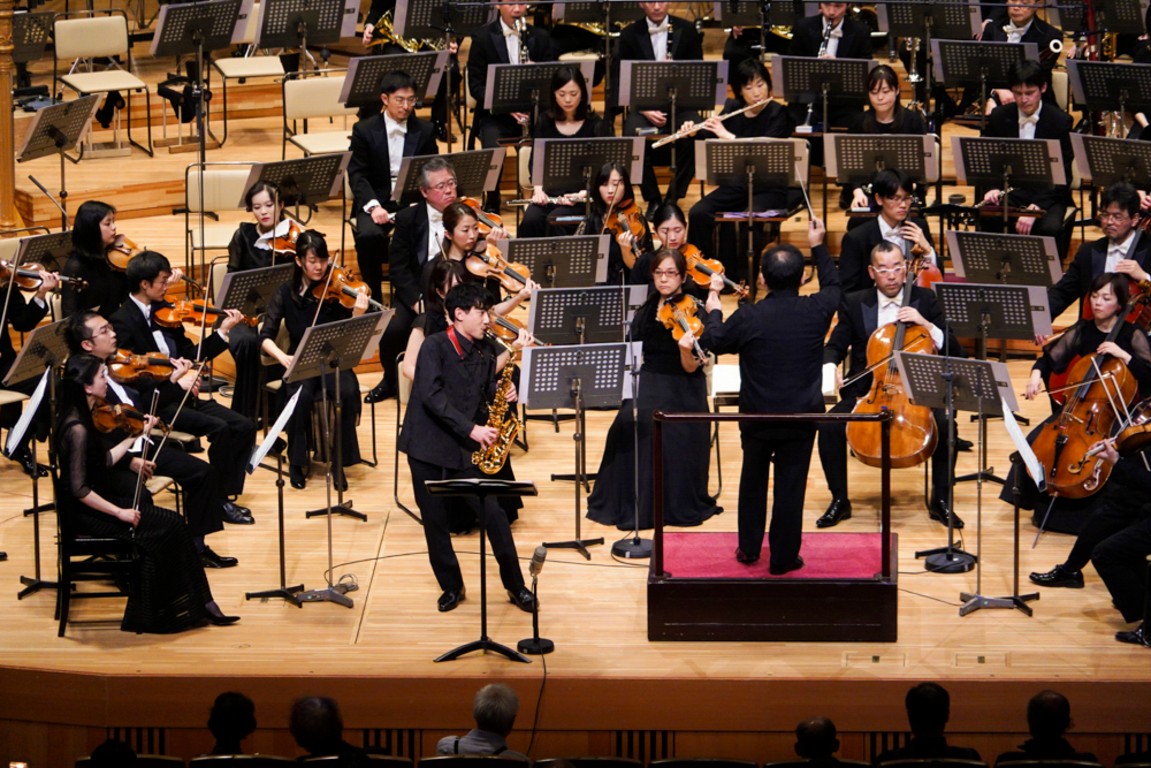
I visited Tokyo back in January and had the pleasure to attend concerts in two of the finest Japanese concert halls – the NHK Hall and the Suntory Hall. Despite being a frequent visitor to Japan, I have not attended a concert there since 2009, when I was greatly impressed not only by the orchestras’ standards, but also the etiquettes of the audiences, the acoustics of the concert halls as well as the politeness and professionalism of the staff.
This time, I thoroughly enjoyed the performances of the Yomiuri Nippon Symphony Orchestra under the direction of promising German conductor Elias Grandy, and of the NHK Symphony Orchestra, undoubtedly the finest orchestra in Asia, conducted by Christoph Eschenbach, a seasoned maestro well known and respected across the classical music industry.
The concerts, as expected, were of a superb and sensational standard. While most of the credits must go to the conductors, musicians and the orchestras’ administrators, it was also imperative to recognise the audience members, who all demonstrated impeccable manners and politeness.
The doors of the concert halls were opened two hours before a concert was due to begin. In a significant number of concert halls around the world, the majority of audiences only arrived with some ten to fifteen minutes to spare. In Japan, however, audiences arrived even before the halls were opened, and patiently waited outside in the cold. And as soon as the halls opened their doors, audiences took their seats promptly.
I arrived to both concerts 30 minutes ahead of the start time, and was stunned that when I entered the concert halls, they were virtually full already. Now I have learned not to over-exaggerate my writing, but on this occasion, I must say that ALL the patrons were on their seats reading the programmes quietly. No one was talking, eating, drinking or socialising, incidents that were bound to happen in other Asian, European or American concert halls.
I saw some elderly couples sitting next to each other communicating with each other by writing on a piece of paper, while some even used simplified sign language to achieve the same purpose. The concert halls were so quiet that you could actually hear a pin drop, or a mosquito flying in the air.
It was a pity that both concert halls had a rather limited number of lavatories, and led to long queues at these facilities. However, instead of passing the time by chatting or playing with their smart phones, Japanese patrons stood in line, silently, patiently waiting for their turn. There was no pushing or shoving and certainly no cutting in lines.
During the concerts, no one was using their phones, or to take photos or videos illegally. In fact, the audiences’ hands were all on their laps. And needless to say, there were no excruciating sounds generated by drinks bottles or candy wrappers. In other cities, I had the misfortune to sit next to patrons who kept taking off, and then putting back on, their jackets, seemingly unable to adjust to the temperature of the concert halls. However, as far as I could see, all the Japanese audiences were able to sit still, in a most dignified and motionless manner, throughout the concerts, and never had the urge to shift in their seats.
With everyone sitting so close to each other inside the concert halls, there was bound to be some physical contact among patrons, and the act of mistakenly kicking the chair in front was one of the most common blunders. Instead of cursing or staring at you, Japanese patrons treated as though nothing had happened when faced with these problems. A foreign audience member repeatedly sneezed during the second movement of Mahler’s Second Symphony, in the concert conducted by Eschenbach, and frantically looked for tissues in his rucksack, creating much disturbance to the Japanese audiences around him. The locals, however, did not stare at him in disgust or in angst. In truth, most did not even steal a glance in his direction, and continued to give their full concentration to the performance.
I have written about the embarrassments inside Hong Kong’s concert halls, especially how local audiences enjoyed faking coughs and sneezes in between movements of symphonies and concertos to underline their good manners. Such a disturbing phenomenon, of course, did not occur in Japan. Throughout the concerts, the only sounds generated were through the musicians’ instruments; the audience members, with perfect disciplines and manners, literally redefined the word ‘silence’.
There is no doubt that I was deeply impressed by the wonderful manners and etiquettes of the Japanese audiences, but I could not help but wonder in doing so, if they were intentionally suppressing their emotions, feelings and sentiments. Their perfect behaviours were admirable and respectable in first glance, but having experienced these throughout my extended holiday in Japan, in restaurants, public transportation, hotels, shops and markets, I am really curious as to whether such superlative cultural and national virtues were, in fact, natural and instinctive.

